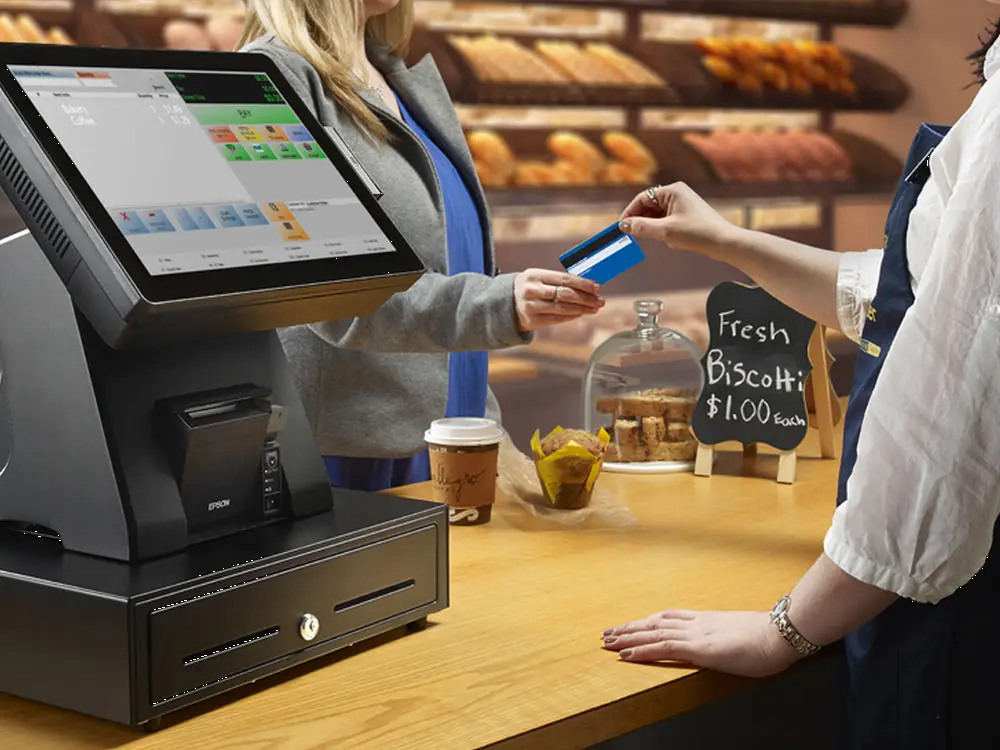Common Challenges in Implementing a POS System and How to Overcome Them
Understanding POS Systems
The point of sale (POS) system is a crucial component for businesses that handle transactions. There are different types of POS systems available in the market, catering to various industries and needs. POS systems offer numerous benefits such as enhancing operational efficiency, improving customer service, and providing detailed sales reports.
Different Types of POS Systems
When considering POS systems, businesses can choose between cloud-based solutions and traditional on-premise systems. Each type comes with its own set of features and advantages.
Benefits of a POS System
Implementing a POS system allows businesses to streamline their operations, optimize inventory management, and enhance data security, among other benefits. Some of the key benefits of implementing a POS system include:
1. Improved efficiency: A POS system can help automate various processes, such as inventory management, sales tracking, and financial reporting. This can help businesses save time and resources, allowing them to focus on other aspects of their operations.
2. Better inventory management: A POS system can provide real-time updates on inventory levels, helping businesses track their stock more effectively. This can prevent overstocking or stockouts, leading to better inventory control and reduced costs.
3. Enhanced customer experience: A POS system can help speed up the checkout process, reducing wait times for customers. It can also store customer data and purchase history, allowing businesses to offer personalized promotions and discounts.
4. Improved data security: POS systems can help businesses protect sensitive customer information, such as payment details, through encryption and secure data storage. This can help mitigate the risk of data breaches and fraud.
5. Enhanced reporting and analytics: A POS system can generate detailed reports on sales, inventory levels, and customer behavior, providing businesses with valuable insights to make informed decisions. This data can help businesses identify trends, optimize pricing strategies, and improve overall performance.
6. Streamlined operations: By integrating various functions, such as sales, inventory management, and customer management, a POS system can help businesses streamline their operations and reduce manual errors. This can lead to increased productivity and cost savings.
Overall, implementing a POS system can help businesses improve their efficiency, enhance customer experience, and drive growth. By leveraging the benefits of a POS system, businesses can stay competitive in today’s dynamic marketplace.
POS System Features
POS systems offer a range of features including inventory tracking, sales reporting, employee management, and integration with loyalty programs.
Common Issues with POS Systems
Despite their advantages, POS systems can encounter common problems that hinder their effectiveness. It’s essential to address these issues promptly to ensure smooth operations.
5 Common Problems
Connectivity issues, software glitches, and hardware malfunctions are some of the common problems faced by businesses using POS systems.
Compatibility Issues
Ensuring compatibility between POS hardware and software is crucial to avoid technical issues and maximize system performance.
Data Security Concerns
Data security is a major concern for businesses using POS systems, especially with the increasing risk of cyber threats and data breaches.
Implementing a POS System
Successfully implementing a POS system involves carefully selecting the right solution, ensuring hardware and software compatibility, and effectively managing inventory.
Choosing the Right POS System
Businesses should consider their specific requirements, budget, and future scalability when choosing a POS system that aligns with their needs.
Hardware and Software Compatibility
Compatibility between POS hardware components and software applications is essential to avoid operational disruptions and data inconsistencies.
Streamlining Inventory Management
Effective inventory management through a POS system helps businesses track product availability, prevent stockouts, and optimize reorder processes.
Overcoming POS Challenges
To overcome common challenges associated with POS systems, businesses need to proactively implement solutions, troubleshoot technical issues, and prioritize data security.
Solutions to Common Challenges
Utilizing software solutions, seeking support from POS vendors, and providing staff training can help address common issues and streamline operations.
Troubleshooting Technical Issues
Having a dedicated IT support team to troubleshoot technical issues promptly can minimize downtime and ensure smooth POS system functionality.
Ensuring Data Security
Implementing encryption techniques, complying with PCI standards, and regularly updating security measures are essential for safeguarding customer data and preventing breaches.
POS System Solutions
Cloud-based POS systems offer flexibility, scalability, and remote accessibility, making them an attractive option for businesses of all sizes. Ensuring PCI compliance, implementing encryption protocols, and safeguarding customer data are critical aspects of maintaining a secure POS environment.


